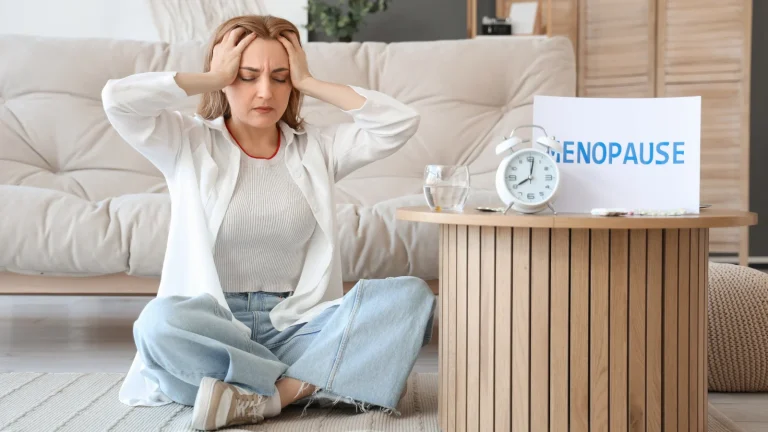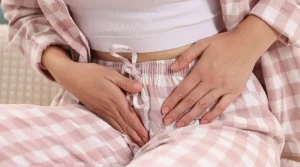What is Hormone Replacement Therapy (HRT)?
Hormone Replacement Therapy (HRT) is a medical treatment designed to alleviate the symptoms of menopause by replacing hormones that the body no longer produces. Menopause typically results in a significant decrease in estrogen levels, leading to symptoms such as hot flashes, vaginal dryness, and mood swings. HRT is also known by other names such as hormone therapy, menopausal hormone therapy, and estrogen replacement therapy.
Visit https://bergencountymedicalspa.com/ for more details.
Types of Estrogen Therapy
1. Oral Estrogen Pills
Oral estrogen is one of the most common methods of HRT. These pills are typically taken daily and come in various formulations:
- Conjugated Estrogens: Available under brand names like Cenestin, Estrace, Estratab, Femtrace, Ogen, and Premarin. These are synthetic forms of estrogen derived from natural sources.
- Estrogens with Bazedoxifene: Marketed as Duavee, this combines estrogen with a medication that reduces the risk of uterine cancer.
- Dosing: Most estrogen pills are taken once daily, usually on an empty stomach. However, some require a more complex regimen. Always follow your doctor’s instructions for optimal results.
2. Estrogen Patches
Estrogen patches are worn on the skin and provide a steady release of hormones into the bloodstream. They come in various dosages and types:
- Standard Patches: Examples include Alora, Climara, Estraderm, and Vivelle-Dot. These may need to be changed every few days to a week, depending on the dosage.
- Combination Patches: Patches like Climara Pro and Combipatch contain both estrogen and progestin, which can be beneficial for women who still have their uterus.
- Low-Dose Patches: Menostar is a lower-dose patch designed specifically to reduce osteoporosis risk but does not address other menopause symptoms.
- Dosing: Patches typically need to be changed every few days or weekly, depending on the product.
3. Topical Estrogen
Topical estrogen is applied directly to the skin and absorbed into the bloodstream. Options include:
- Gels: Products like EstroGel and Divigel are applied to the skin, usually on the arms or legs.
- Creams: Estrasorb is an example of a cream applied to the legs.
- Sprays: Evamist is a spray applied to the arm.
- Application: These are generally applied once daily, with specific instructions for application areas.
4. Vaginal Estrogen
Vaginal estrogen is used specifically for localized symptoms such as vaginal dryness, itching, and discomfort during intercourse. It comes in several forms:
- Vaginal Tablets: Examples include Vagifem, which is inserted into the vagina.
- Vaginal Creams: Available as Estrace or Premarin, applied directly inside the vaginal canal.
- Vaginal Rings: Products like Estring or Femring are inserted into the vagina and provide a continuous release of estrogen.
- Dosing: The regimen for vaginal estrogen can vary. Rings are typically replaced every three months, tablets are often used daily for the first two weeks and then twice a week, and creams may be applied daily or a few times a week, depending on the severity of symptoms.
What are the benefits of HRT?
HRT can effectively relieve menopausal symptoms such as hot flashes, night sweats, and vaginal dryness. It can also help maintain bone density and reduce the risk of osteoporosis, potentially improving overall quality of life during menopause.
Pros and Cons of HRT
Pros
- Effective Relief: HRT can significantly reduce menopausal symptoms such as hot flashes, night weats, and vaginal dryness.
- Bone Health: Estrogen helps maintain bone density and can reduce the risk of osteoporosis.
- Improved Quality of Life: Many women find that HRT improves their overall well-being and quality of life during menopause.
Cons
- Health Risks: HRT may increase the risk of certain conditions, such as blood clots, stroke, and breast cancer, especially with long-term use.
- Side Effects: Potential side effects include nausea, headaches, and mood changes.
- Not Suitable for Everyone: HRT may not be recommended for women with certain medical histories or conditions.
Conclusion
Hormone Replacement Therapy can be a valuable option for managing menopause symptoms, but it is essential to weigh the benefits against potential risks. Consulting with a healthcare provider can help determine if HRT is suitable for you based on your individual health needs and risks.






